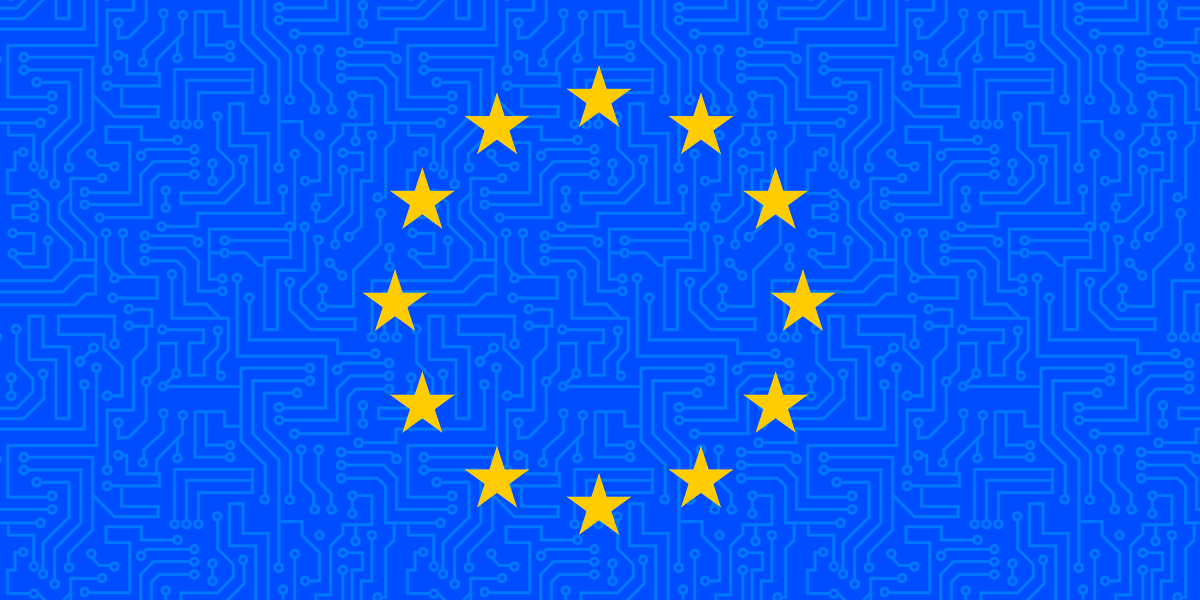After the European Commission held a public consultation on whether they should adopt what they call a “fair share” proposal, they unfortunately voted to move forward with this dangerous plan. This proposal is nothing but a network usage fees regime, which would force certain companies to pay internet service providers (ISPs) for their ability to deliver content to consumers. This idea not only hurts consumers, but also breaks a status quo that facilitated and continues to facilitate the rapid spread of the global internet.



I don’t think that is completely truly possible that way. In the end there are a bottle necks - for example the peering routes. It would be insane to have them scaled for the worst case of all potential users being online at the same time and actually using their bandwith 100%. Which in turn likely means that providers are “overselling” what they have. If all end-users would actually use the 100% of their bandwith 100% of the time, the providers would be fucked.
Not just likely it’s absolutely standard practice for the total bandwidth available to customers to be a fraction of the sum of what they’re connected to.
The bills Tier 1 providers send you generally two components, physical capacity of the link (“port”), and then 99th percentile of maximum bandwidth actually used this month (or some similar measure). Oh and that’s on upstream, data you send into the wider internet, not data you receive, though the links are generally symmetrical. Tier 1 providers are providers you can reach all other networks from.
In addition to that there’s ordinary peering, circumventing the Tier 1 networks, where different actors hook up their networks directly. Those agreements often don’t involve exchange of money at all because they’re to both parties’ mutual benefit, saving both money. And that’s also what the big content providers offer ISPs, following in the footsteps of akamai, the OG peering slut: “Want to hook up to us well of course here, have a port”.
So not only do ISPs not pay for data sent to them, the big video platforms etc. aren’t even taking up space on their connections to Tier 1 networks. The system is fair as-is but that doesn’t hinder the likes of Deutsche Telekom (which have their own Tier 1 network) to lobby the EU so they can double-dip. If you ask me Tier 1 providers should be banned from providing consumer connections, it’s inherently anticompetitive. It’s like car companies owning highways.